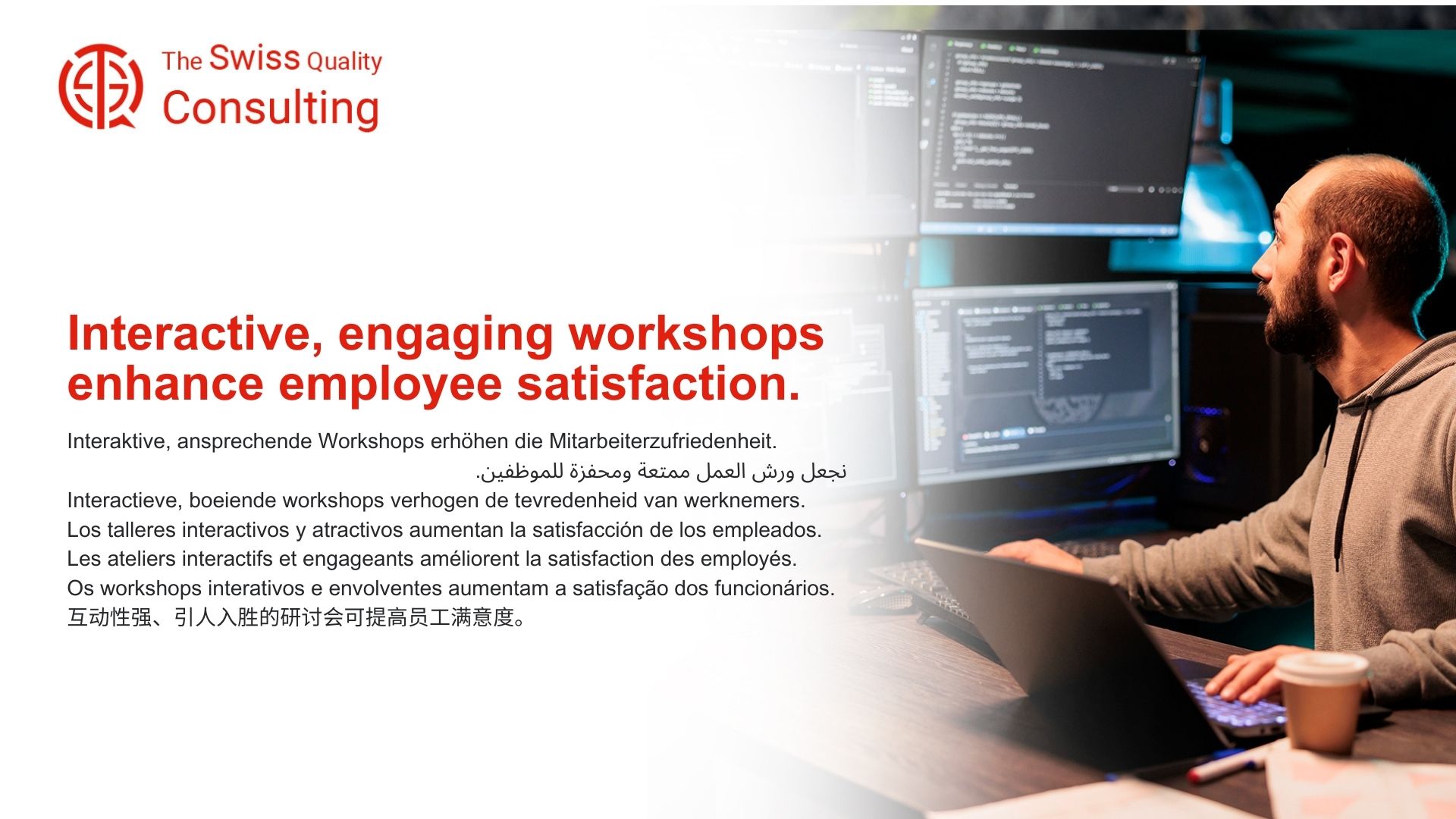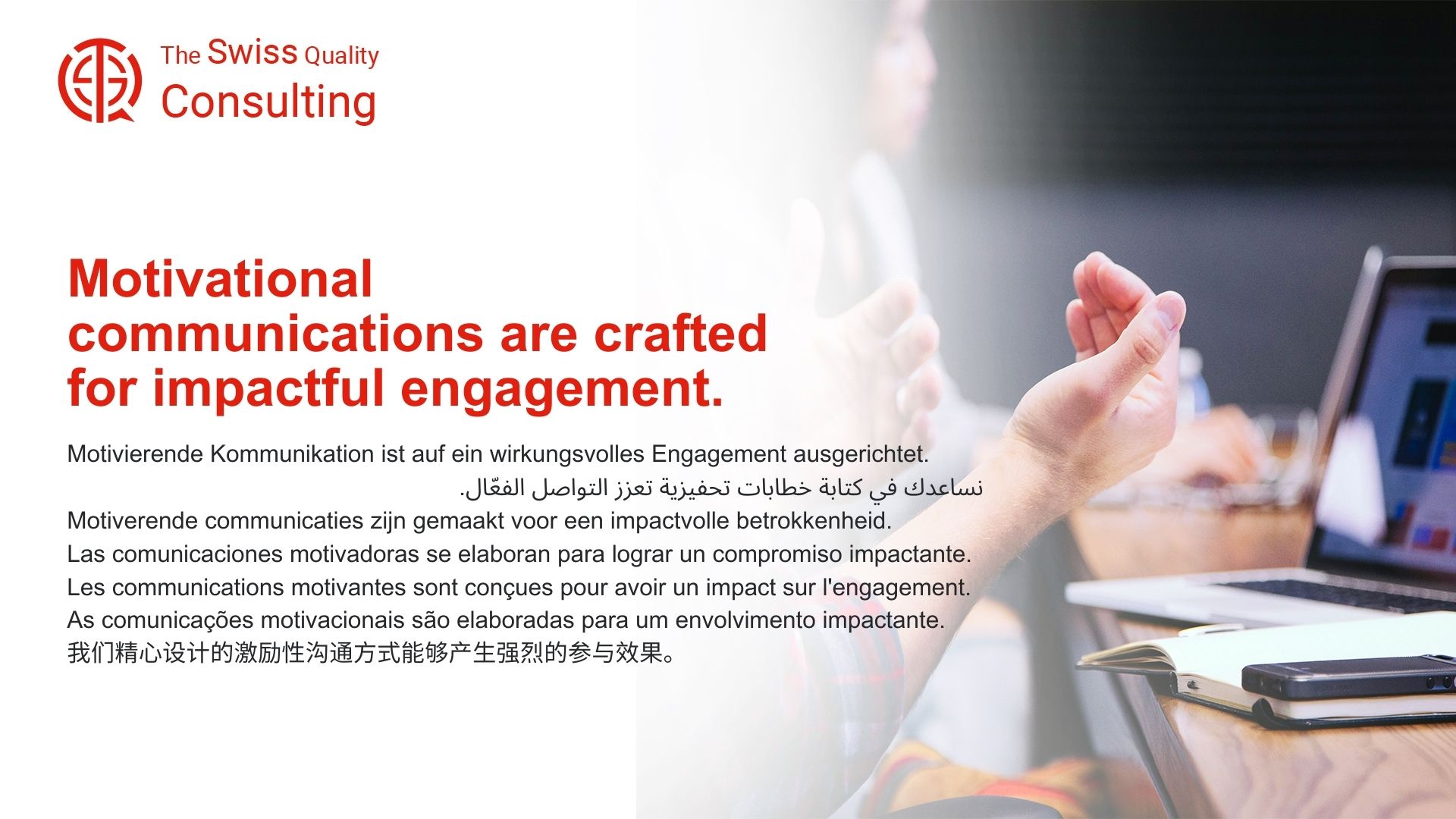Embracing Environmental Responsibility in Corporate Strategy
In today’s business environment, the integration of Sustainable Practices with eco-friendly features is not just an ethical choice but a strategic necessity. This article delves into the importance of adopting sustainable practices in business and how eco-friendly features can drive both environmental stewardship and business success.
The Significance of Sustainability in Business
Sustainability transcends mere environmental protection; it serves as a strategic imperative for orchestrating unwavering resilience, building a future-ready ecosystem, and empowering businesses to thrive in a resource-constrained and environmentally conscious world. This transformative approach empowers organizations to:
1. Achieve Unprecedented Resource Efficiency and Minimize Environmental Impact: By embracing a holistic sustainability lens, businesses identify and optimize every aspect of their operations, from sourcing materials and minimizing waste to streamlining energy consumption and implementing closed-loop systems. This leads to significant reductions in their carbon footprint, conserves precious resources, and minimizes environmental impact on a global scale.
2. Foster Innovation and Drive Product Development for a Sustainable Future: Sustainability sparks game-changing innovation, pushing businesses to develop eco-friendly products, utilize renewable resources, and explore cutting-edge technologies like clean energy and circular economy models. This translates to pioneering new markets, fostering sustainable value chains, and driving industry-wide transformation for a greener future.
3. Enhance Brand Reputation and Attract Environmentally Conscious Talent: Prioritizing sustainability attracts and retains top talent who share the organization’s values and seek to contribute to a positive impact. This strengthens brand reputation, builds trust with customers and stakeholders, and fosters a culture of purpose-driven engagement within the organization.
4. Secure a Competitive Advantage and Drive Sustainable Growth: By embracing a future-proofed sustainability strategy, organizations gain a significant competitive edge by minimizing operational costs, attracting environmentally conscious customers, and navigating regulatory landscapes with agility. This ensures long-term profitability, increases market share, and drives sustainable growth that benefits both the organization and the planet.
5. Optimize Resource Management and Build Resilience against Environmental Risks: By transitioning to renewable energy sources, reducing reliance on finite resources, and implementing disaster preparedness measures, businesses build resilience against environmental risks and climate change impacts. This ensures uninterrupted operations, minimizes financial losses, and empowers organizations to contribute to a more resilient and adaptable global ecosystem.
6. Foster Collaboration and Build Stronger Stakeholder Relationships: Sustainability fosters collaboration across industries and communities, allowing businesses to leverage collective knowledge, share best practices, and co-create solutions for global environmental challenges. This strengthens stakeholder relationships, builds trust, and contributes to a more collaborative and sustainable future.
7. Drive Social Impact and Contribute to a Thriving Global Community: By integrating social responsibility into their sustainability strategies, businesses can address critical issues like poverty, education, and inequality. This translates to positive social impact, enhances brand purpose, and contributes to building a more just and equitable world for all.
8. Build a Future-Ready Business Model and Embrace Unwavering Resilience: Investing in robust sustainability solutions and cultivating a culture of environmental and social responsibility future-proofs organizations by equipping them with the necessary tools and strategies to thrive in a rapidly changing world. This ensures long-term viability, safeguards business continuity, and empowers organizations to continuously evolve their sustainability model for enduring success.
Beyond Greener Grass: A Foundation for Unwavering Resilience and Enduring Success:
By embracing a holistic and strategic approach to sustainability, organizations unlock the true potential for achieving unwavering resilience, a future-ready ecosystem, and enduring success. This empowers them to optimize resources, drive innovation, enhance brand reputation, secure a competitive advantage, manage risks, foster collaboration, drive social impact, and build a future-ready business model, ultimately building a future where businesses and the planet not just coexist, but thrive in harmony for generations to come.
Embrace the power of holistic sustainability and embark on a transformative journey towards a future where your business thrives in a green world, your success is driven by eco-conscious innovation, and your legacy is one of unwavering resilience and lasting positive impact. By investing in expert solutions, fostering a culture of sustainability within your organization, and collaborating with key stakeholders, you can unlock the full potential of your business and build a future of unwavering resilience and enduring success, both for your organization and for the planet we all share.
Change Management for Sustainable Transformation
Incorporating sustainability into business operations requires effective change management. Transitioning to eco-friendly practices often involves redefining business processes, adopting new technologies, and shifting organizational culture. Leaders must drive this change by setting clear sustainability goals, investing in green technologies, and fostering an organizational ethos that values environmental responsibility.
Executive Coaching for Leading Sustainable Change
Executive coaching plays a critical role in equipping leaders with the skills and knowledge necessary to drive sustainable change. Coaches can provide guidance on sustainable business practices, help leaders understand environmental regulations, and develop strategies to effectively integrate sustainability into the business model.
Effective Communication in Promoting Sustainability
Effective communication is essential in promoting and implementing sustainable practices within a company. Leaders must clearly articulate the importance of sustainability to their teams and stakeholders and demonstrate how eco-friendly features contribute to both environmental goals and business success. This communication helps to ensure buy-in and support across the organization.
Generative AI in Enhancing Eco-Friendly Practices
Generative Artificial Intelligence (AI) can significantly contribute to the development and implementation of sustainable practices. AI algorithms can analyze environmental data, optimize resource usage, and predict the impact of eco-friendly features on business operations. By leveraging generative AI, businesses can not only improve their sustainability but also gain insights into innovative green solutions.
Conclusion Sustainable Practices
In conclusion, adopting sustainable practices with eco-friendly features is essential for businesses looking to thrive in the modern world. This approach not only helps in conserving the environment but also provides a competitive edge in the marketplace. By committing to sustainability, businesses can fulfill their corporate social responsibility while fostering growth and innovation.
#SustainabilityInBusiness, #EcoFriendly, #CorporateResponsibility, #EnvironmentalStewardship, #GreenInnovation




















